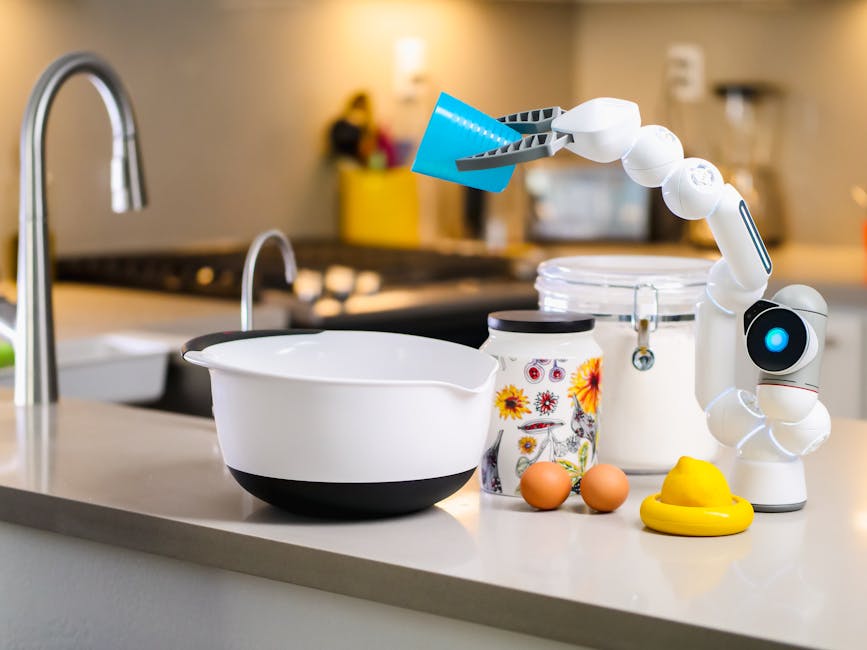The Hidden Cost Of Convenience: Are We Trading Our Health For Comfort?
En Promo sur Amazon
En Promo sur Amazon
In today’s fast-paced world, convenience reigns supreme. With just a few taps on our smartphones, we can summon food, transportation, and even medical advice right to our doorstep. The allure of convenience tempts us to embrace technologies and services that promise to save us time and effort. However, as we delve deeper into this modern lifestyle, we must ask ourselves: what are we sacrificing in exchange for this ease? The hidden cost of convenience may be far greater than we realize, impacting our health, relationships, and overall well-being.
As we navigate through life with an increasing reliance on technology, the implications of our choices become more pronounced. The rise of delivery services, fast food, and on-demand entertainment has led to a sedentary lifestyle that is contributing to a public health crisis. Obesity rates soar, mental health issues rise, and social connections weaken as we retreat into our screens. The convenience that once seemed like a blessing now casts a shadow over our lives, forcing us to confront the uncomfortable truth of our choices.
En Promo sur Amazon
One of the most significant consequences of our quest for convenience is the deterioration of our physical health. Fast food and processed meals, often the go-to options for those on the run, are typically high in calories, sugars, and unhealthy fats. The allure of quick meals masks the reality of their nutritional deficiencies, which can lead to obesity, diabetes, and heart disease. As we prioritize speed over sustenance, we inadvertently contribute to a growing health crisis that threatens to overwhelm healthcare systems and diminish quality of life.
Moreover, the convenience of technology has led to a significant decline in physical activity. With the ability to order groceries online or request a ride with a single click, many individuals find themselves moving less than ever before. The Centers for Disease Control and Prevention (CDC) reports that only about 23% of Americans meet the recommended levels of physical activity. This lack of movement is not just an individual concern; it has far-reaching implications for public health, as sedentary lifestyles lead to increased healthcare costs and decreased productivity in society.
En Promo sur Amazon
Mental health, too, is suffering under the weight of convenience. The constant barrage of notifications and the pressure to be always “on” can lead to anxiety and depression. The rise of social media, while connecting us in some ways, often fosters feelings of isolation and inadequacy. As we scroll through curated images and highlight reels of others’ lives, we may feel a growing disconnect from our own realities. The convenience of digital interaction can never replace the depth and fulfillment of face-to-face connections, leaving many feeling lonelier than ever.
Yet, amid these challenges, there is hope. Awareness of the hidden costs of convenience is the first step toward reclaiming our health and happiness. By making conscious choices to prioritize nutrition, physical activity, and genuine social interactions, we can begin to mitigate the adverse effects of our modern lifestyle. Community initiatives promoting healthy eating, local exercise programs, and encouraging face-to-face gatherings can help restore balance in our lives, illustrating that while convenience is tempting, it should not come at the expense of our well-being.
Ultimately, the pursuit of convenience should not come at the cost of our health. As we navigate this complex landscape, we must remain vigilant and intentional in our choices. Embracing a lifestyle that values well-being over ease may require effort, but the rewards—improved health, deeper connections, and a renewed sense of purpose—are well worth it. By taking small steps toward a more balanced life, we can reclaim our health and happiness, ensuring that convenience enhances our lives rather than diminishes them.





